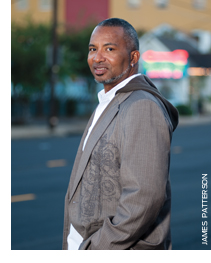While investigating the HIV epidemic tearing apart the black community, the Black AIDS Institute (BAI) found there was a lack of programs to train African Americans to be advocates for HIV treatment.
 |
“Black Americans account for 50 percent of all people living with HIV and represent the largest [ethnic] group impacted by HIV/AIDS, but they number among the least in care,” said Raniyah Abdus-Samad, a BAI training and capacity build- ing manager. “[We need to] mobilize and engage black communities to change the trajectory of the epidemic.”
To this end, BAI and other AIDS service organi- zations across the country—with the support of pharmaceutical company Merck—have partnered to form the Black Treatment Advocates Network (BTAN), a training program for black leaders.
Throughout 2011, BAI will equip 100 advocates in three cities ravaged by HIV—Philadelphia, Houston and Jackson, Mississippi—with formal science and advocacy training.
BAI will encourage them to achieve the same goals: strengthen local and national black leadership by joining community boards, increase patient access to treatment and care, advocate for policy changes, and start their own advocacy projects.
BTAN will expand its training programs in the second half of this year. It will educate advocates in other cities across the country, Abdus-Samad says, creating the networks and cultivating the necessary skills needed to end the AIDS epidemic in black America.






Comments
Comments